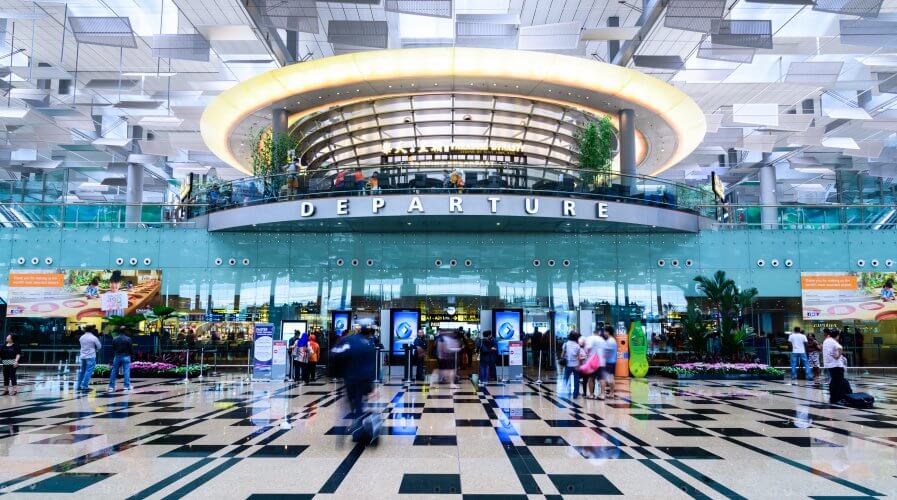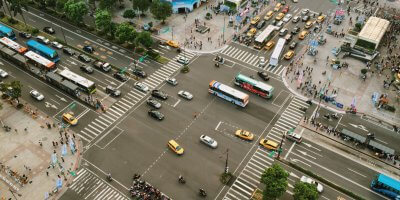
Singapore is the #1 smart city in the world. Source: Shutterstock
Singapore beats Dubai and London to become #1 smart city
EVERY city today wants to become a smart city so they can provide the best solutions and services to their citizens. There’s heavy investment in the field and news of new activity almost every other day.
What's in store for #SmartCities of the future? Public safety officers armed with smart apparel, holsters, and headsets. Learn how #SmartCity projects are planning out their #technology investments in our latest #infographic. https://t.co/M9bY0Cwutq pic.twitter.com/Bk2YgqrGnJ
— IDC ASEAN (@IDCASEAN) April 24, 2018
However, not everyone can win the race. According to ABI Research, Singapore, for now, wins the title of the world’s smartest city.
Singapore scores highest on all innovation criteria with a special focus on Mobility-as-a-Service (MaaS) and Freight-as-a-Service (FaaS) to maintain its leading role as a transportation and freight hub with driverless taxis, autonomous shuttles and platooning trials and projects.
Additionally, Singapore’s Smart Nation initiative addresses a wide range of urban issues linked to high-density living which has received applause internationally.
The Smart City Ranking competitive assessment ranked 10 megacities across developed regions: New York, Los Angeles, Paris, London, Dubai, Beijing, Shanghai, Singapore, Tokyo, and Seoul.
ABI Research analyzed each city for its innovative programs, strategies and implementation achievements measured through verifiable metrics for congestion, air quality, GDP, crime rates, and cost of living.
In terms of innovation, cities are assessed on the extent of which they are embracing out-of-the-box thinking and planning to deploy disruptive technologies to fundamentally address the issues and challenges of megacities of the future across areas like mobility, transportation, energy, education, healthcare, and public services.
“Singapore and second-placed Dubai emerge as smart city leaders, excelling in innovation in terms of the adoption of next-generation technologies and disruptive smart city paradigms as structural solutions for hard problems. Dubai is leading the way in the implementation of distributed ledgers with all government transactions to be processed via blockchain technology by 2030,” said Dominique Bonte, Vice President End Markets at ABI Research.
Somewhat surprisingly, Shanghai and Beijing were assessed as laggers, coming in at rank 9 and 10 respectively.
Despite both cities’ efforts to deploy technologies like smart meters and smart grids, bike sharing, vehicle electrification, smart parking, and smart cards, they continue to face formidable issues related to congestion and pollution and trail the other cities on economic development in terms of GDP per capita.
At the same time, both Chinese cities have huge potential to improve their ranking in the future as they continue to evolve their smart cities solutions from basic sensor-centric technologies to more advanced approaches while benefiting from expertise gained during trials in smaller cities in China.
READ MORE
- Safer Automation: How Sophic and Firmus Succeeded in Malaysia with MDEC’s Support
- Privilege granted, not gained: Intelligent authorization for enhanced infrastructure productivity
- Low-Code produces the Proof-of-Possibilities
- New Wearables Enable Staff to Work Faster and Safer
- Experts weigh in on Oracle’s departure from adland




